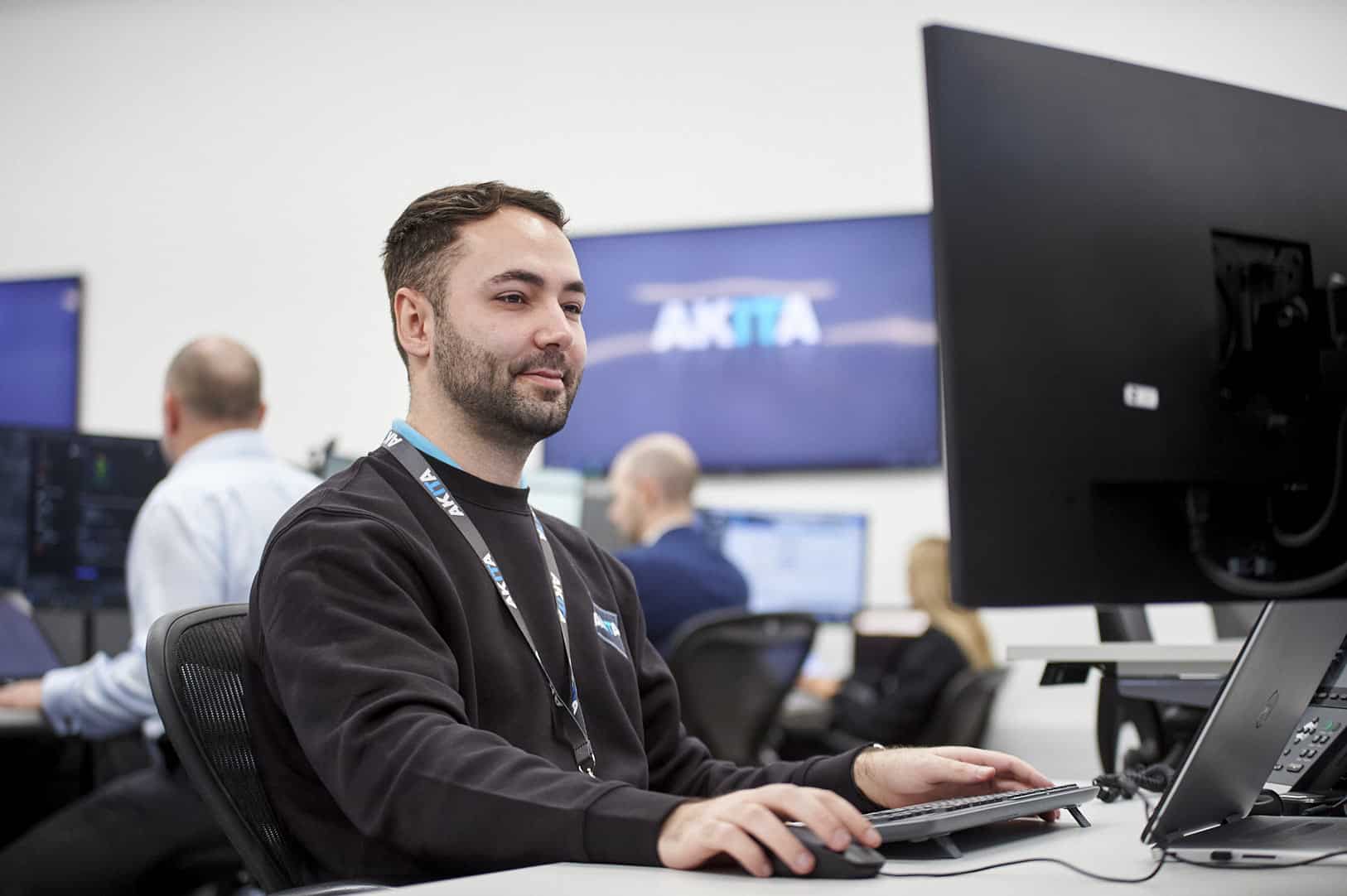Staying ahead of software lifecycle changes is crucial to ensure your solutions stay compliant, secure and fully functional. A Linux-based operating software used for many website-hosting services, the CentOS 7 end of life is scheduled for end of life June 30, 2024.
For many organisations, including those utilising dedicated web servers, this event means action will need to be taken.
CentOS 7 has been a reliable solution, but its end of life means no more patches or security updates, leaving servers potentially exposed to vulnerabilities. Furthermore, cPanel, a popular web hosting control panel, will cease support for CentOS 7. This in turn could lead to challenges in maintaining updated and secure web environments.
Understanding The Impact Of CentOS 7 End Of Life
Approaching the CentOS 7 End Of Life, there are a number of reasons why organisations should seek a replacement:
Security and Compliance Risks: The absence of patches means systems become increasingly vulnerable to cyber threats – this compromises data security and potentially leads to compliance issues.
Software Incompatibility: With cPanel discontinuing updates for CentOS 7, there’s a risk of incompatibility issues, impacting server management and efficiency.
Outdated Technologies: The lack of new PHP versions for CentOS 7 means websites may run on outdated and less secure versions, posing a significant risk to both users and the host.
Migrating To Rocky Linux 8
In response to these challenges, Akita recommends migrating to Rocky Linux 8. This move isn’t just to maintain process functionality but also presents a strategic upgrade to ensure operational excellence and security.
Why Rocky Linux 8?
The replacement for CentOS, Rocky Linux 8 offers a range of benefits for organisations:
Future-Proofing: With an end-of-life date set for mid-2029, Rocky Linux 8 offers a long-term solution.
Security: Regular updates mean enhanced protection against evolving cyber threats.
Performance: Rocky Linux 8 is well known for its stability and general performance, with an extensive list of reviews and recommendations.
Community Support: Being a popular Linux distribution, it comes with a strong online community and advanced commercial support.
Our Migration Process For The CentOS 7 End Of Life
With a team of experienced infrastructure engineers Akita is experienced with server OS upgrades. Our approach is as follows:
Custom Server Setup: We replicate your current server setup, ensuring no loss in performance or resources.
Installation and Configuration: Our team installs Rocky Linux 8 and configures cPanel, tailoring it to your specific needs.
Data Transfer: We migrate your data, ensuring full integrity and minimal downtime.
Compatibility Checks: Our experts ensure that all PHP modules and versions are compatible with your applications.
Thorough Testing: Before going live, we conduct extensive testing to guarantee functionality and performance.
Optimised Go-Live Strategy: We schedule the final migration at a time that minimises impact on your business operations (normally out of hours).
Cost-Effective And Future-Ready
At Akita, we have a team of highly experienced IT infrastructure experts who manage these kinds of migrations. We provide secure transitions and are committed to delivering this switch without altering any monthly costs.
Continued Support And Assurance
We understand the importance of having a reliable IT partner on your side post-migration. As such, our team remains dedicated to providing ongoing support, ensuring your server’s performance and security are never compromised.
Embrace The Change With Confidence
The CentOS 7 end of life is a significant event, but with Akita, it’s an opportunity to enhance and secure your IT infrastructure. Plus, Akita’s inhouse expertise of on-premise and wider cloud infrastructure make us the perfect partner for your wider IT systems support and care.
Discover more about Akita’s IT infrastructure services and support:
View More




